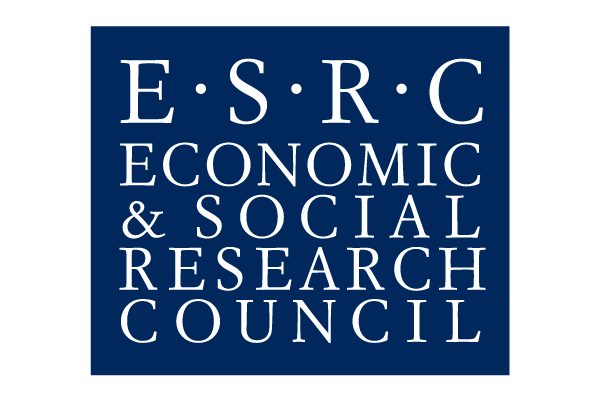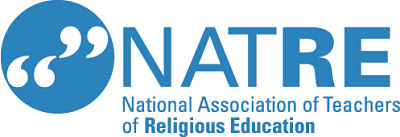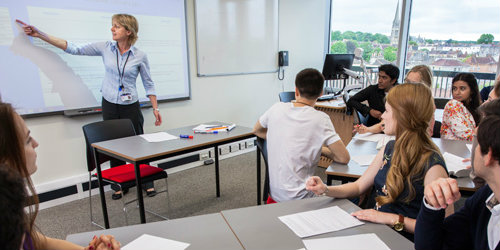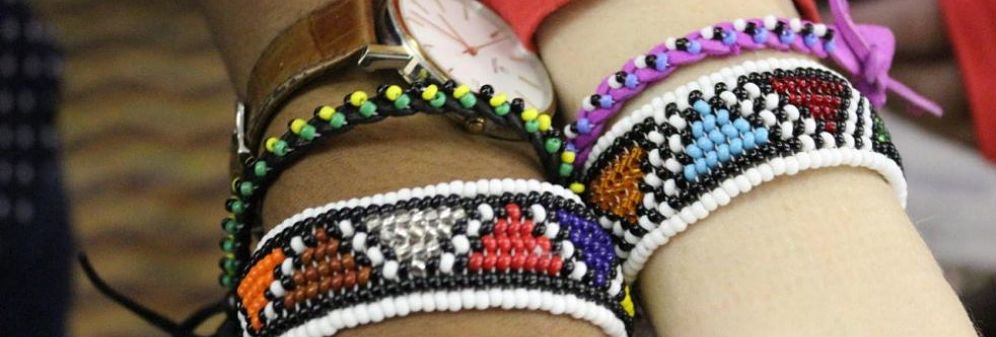Schools as shared spaces
Promote community relations in school classrooms through research informed practice.
The challenge
Schools and classrooms across the UK are ethnically diverse and whilst exposure to new cultures can help enhance life experiences, it can also cause tension as evidenced through high levels of segregation and increases in ethnically motivated hate crimes. Understanding how to equip teachers to best promote community relations in their classrooms is of urgent importance.
Research impact - Promoting community relations in school classrooms
Through a series of interconnected projects, we worked alongside teacher practitioners and stakeholders including the National Association of Teachers of Religious Education (NATRE) to increase knowledge on how teachers can promote community relations through research informed practice. Our research (which draws on intergroup contact theory) has contributed to the Commission on Religious Education’s report for a National Plan for Religious Education (RE), has informed NATRE strategies and has also ignited professional debates on the need for schools to provide more than social mixing opportunities to promote community relations.
The results of this research have been developed into freely available capacity building toolkits and materials for primary and secondary teachers in the UK, outlining practical ways in which the contact hypothesis can be embedded within schools and classrooms. This includes RE specific resources (part of the Shared Space Project) as well as more general resources for tutor groups and PSHE classes (part of the Diversity Effect Project). Our RE teacher resource is recommended on the Governments ‘Educate Against Hate’ website, and has also been adapted for use by teachers in Hong Kong. Teachers in the UK and Hong Kong have been supported to use these materials it through a series of online and in-person capacity building activities. The Diversity Effect teacher resources have been shared with representatives from the Ministry of Education in Israel, the Let’s Get Together programme in Australia and a teacher training programme at the University of KwaZulu Natal.
The impact of our research is conceptual, in terms of re-framing debates (the need for more than physical co-existence in shared space and the role of RE in promoting community relations) and societal in terms of informing policy and teacher practice in the UK. One example of this comes from Benjamin Wood, Chair of the National Association of Teachers of Religious Education, who stated that this research “has contributed to a number of such debates within the NATRE executive committee and within the wider RE community, informing the opinions of colleagues within and outside of our organisation. The policy recommendations of the research were also endorsed by the Shadow spokesperson for Education at the time (Lord Watson), who reported that they will inform the Labour Party’s arguments on the role of education in “promoting community relations […] through supporting teachers and embracing an ethos of diversity within the education system at large”.
The impact of our research has also been extended to other contexts. We are currently working with colleagues in South Africa and Chile to explore similar topics in these cultural contexts; and we have worked with colleagues in Hong Kong to adapt the Shared Space RE toolkit for use by teachers there. We are also working on a series of inter-connected projects that focus on examining the effects of ethnic diversity on youth outcomes. Informing practitioners of this research in the UK and internationally has led to debates in the field and to changes in teacher practice, with Kathryn Wright, CEO Culham St Gabriel’s Trust, stating that:
“If we want young people to be able to hold balanced and informed conversations about religion and belief, then we need them to be able to interact meaningfully with others. Using contact theory supports this interaction by considering how we group pupils, how we arrange our classrooms and how we enable pupils to engage in dialogue in order to help reduce prejudice. Using contact theory alongside other strategies, which promote community relations and encountering others, can potentially transform attitudes and deepen our understanding of the world we live in.”
In the future, as we continue to build on our partnerships with teacher organizations in the UK and elsewhere, research will include empirical evaluation of the toolkit for improving community relations in classrooms nationally and internationally.
Underpinning research
The underpinning research focuses on the role of Religious Education (RE) in promoting community relations and more broadly on how intergroup contact theory (the idea that bringing groups together, under favourable conditions, can reduce prejudice) can be applied to promote community relations in schools within and beyond the RE classroom. Three components of the research which have produced new insights include:
- Orchard (2015) articulated a new philosophical argument pinpointing a significant tension between the popularly perceived value of subject RE in promoting better community relations; and the lack of evidence to support this claim. This re-frames notions of pedagogy that might be needed to change RE teachers’ professional understanding.
- Williams, McKeown, Orchard and Wright (2019) investigated RE teachers’ understanding of how community relations might be promoted through their practice with reference to intergroup contact theory. The study revealed considerable misunderstanding among teachers on what contact is and how it works. This important insight demonstrated the need for further professional development and appropriate research-informed resources for teachers to effectively engage with established theory of this kind.
- McKeown, Stringer and Cairns (2015) and McKeown, Williams and Pauker (2017) have revealed that even in ethnically and religiously diverse schools and classrooms, children tend to remain ethnically segregated. This work has challenged existing narratives and contributed to debates on whether social mixing alone can promote community relations (McKeown & Dixon, 2017).
Key facts
- Schools and classrooms across the UK are ethnically diverse; equipping teachers to best promote community relations in their classrooms is of urgent importance.
- Research suggests that ‘intergroup contact theory’ can be applied to promote community relations in RE classrooms and more broadly in schools.
- This research by University of Bristol has contributed to the Commission on RE’s report and recommendations for a National Plan for RE, informed NATRE strategies and ignited professional debates on the need to move beyond social mixing alone in school classrooms.
- Research findings have been developed into a capacity building toolkit for teachers in the UK and Hong Kong, with activities to support use of these resources in the classroom.
- Work is ongoing to extend this research to other country contexts and to aligned topics, such as the effects of ethnic diversity on youth outcomes.
Non-academic partners
Kathryn Wright, CEO, Culham St Gabriel’s Trust
Kate Christopher, Lead Consultant Teach RE and SKE programme, Culham St Gabriel’s Trust
Fiona Moss, Executive Officer, NATRE
Funders
Related research groups
Centre for Comparative and International Research in Education (CIRE)
Centre for Psychological Approaches for Studying Education (PASE)
Date published
March 2020




 Study Education
Study Education
Join us in improving educational environments for future generations
